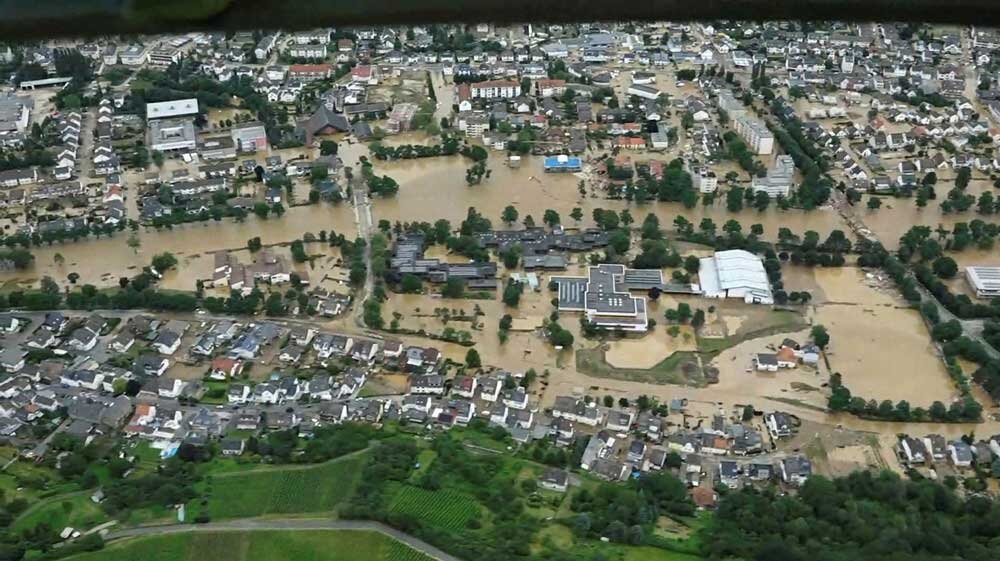
Crypto & NFTs: Greed & The Climate Crisis
Over recent months and years you’ve likely heard more and more about the world of cryptocurrencies and NFTs.
While these two technologies have become more prevalent and garnered increasing media coverage, their climate and social impacts are often overlooked – despite their role in increasing greenhouse gas emissions in the face of the Climate Crisis.
Today we highlight why crypto and NFTs represent a major climate harm, and why they are a new form of climate imperialism.
What Are They?
Cryptocurrencies – often abbreviated to crypto – are digital tokens that can be traded for goods or services. In this way they are similar to traditional currencies, except that they are digital only, and exist exclusively online. A major selling point of cryptocurrencies is that they use cryptography to make transactions more secure, while they can also be entirely anonymous.
NFTs exist in a similar vein. They are digital-only tokens that are bought and sold – often with cryptocurrency – which represent objects such as art, music or videos. They often use the same underlying software as cryptocurrencies and have become increasingly popular in the art industry to sell digital forms of artwork.
Climate Impact
Both cryptocurrencies and NFTs rely on vast arrays of computing power and energy to function, and give off vast amounts of waste heat in the process.
The process of crypto mining – by which new bitcoins enter into circulation, transactions are confirmed by the network, and ledgers are maintained – has led to a global shortage of graphics cards worldwide in recent years, as standard computers will no longer cut it, and high-end PCs are required to mine more effectively.
As of March 2021, a study by the University of Cambridge and the International Energy Agency showed that bitcoin mining devoured more energy than the entirety of the Netherlands each year.
This has resulted in Bitcoin alone producing between 22-22.9 million metric tons of carbon dioxide emissions per year.
Bitcoin alone has the carbon footprint of entire developed nations. This is just one of the many cryptocurrencies on the market, and shows the negative climate impact that these new emissions are creating. Credit: FT
With the advent of cryptocurrencies occurring in 2009, these emissions simply did not exist before, and have played a considerable role in increasing fossil fuel consumption in the intervening years – and show no signs of abating any time soon.
NFTs are a much more recent invention, having first launched in 2015, but have had a sizeable climate impact nonetheless.
A recent analysis found that the sales of one artists’ NFTs over half a year resulted in the equivalent electricity consumption of the average EU citizen over 77 years, or driving a petrol car for 838,000 km.
NFTs consume vast amounts of energy, and create huge amounts of heat waste. One analysis shows that a single NFT can use the same amount of energy that the average EU resident uses in a month. Credit: Memo Akten.
And yet this hasn’t stopped artists or brands such as Coca Cola, Funko, Pringles and Formula 1 from selling NFTs for profit.
It is important to remember that none of these things actually exist; they are all digital shadows of something that might exist in the real world, or something that you can get elsewhere on the internet for free.
It is the epitome of late-stage capitalism, and powered only by greed and vast amounts of fossil fuel energy.
Climate Imperialism
Alongside their climate impact, many of the claims made by proponents of crypto and NFTs are that they are a great leveller that takes the power away from banks and corporations, and gives greater control to individuals.
While this may well have been an initial intention behind crypto, it certainly isn’t true today.
A single Bitcoin – the poster child of cryptocurrencies – now costs over €64,000 (€55,000). That’s just for a single coin. That’s 111% of the average annual income in Ireland.
Yet the true fallacy of cryptocurrency is laid bare when we consider their inaccessibility to the vast majority of people in the world.
To purchase a single Bitcoin at the time of publication would require the average person on Earth to save their entire salary for 3.5 years. And even then, it ignores that 31% of the world’s adults are unbanked, according to a 2017 Global Findex survey.
This is a major global issue, with the World Bank confirming that over 1.7bn adults remain unbanked due to a multitude of issues; ranging from a lack of income and poor credit ratings, to a lack of literacy and lack of access.
While crypto has promised to empower people and break free of the control of the banks, it overlooks a fundamental flaw: 940 million people (13% of the global population) around the world don’t have access to electricity, according to Our World In Data.
There is simply no way for people to access a digital currency without money or electricity.
And in this way, crypto is exposed for what it is: another way for wealthy, predominantly white people, to get richer.
Cryptocurrencies and NFTs are creating vast new emissions that didn’t exist during before simply to fulfil people’s greed.
A map showing historical carbon emissions. This is a clear indicator of climate injustice, where the Global North has produced vastly more carbon emissions, and yet fails to recognise the vulnerability of the Global South. Credit: Carbon Map
And those emissions are worsening the impacts of the Climate Crisis in the Global South where people are already the most effected by the Climate Emergency and have the least capital to mitigate the droughts, wildfires, crop failures and floods that are already occurring as a result of the Climate Crisis.
This is climate imperialism and racism in action: increasing the power and influence of one group to the detriment and subjugation of another.
What we urgently need is a just climate transition, where those in the Global North – who are most wealthy and least likely to be impacted by the Climate Crisis – recognise their role in living the most carbon-intense lifestyles and creating the highest level of emissions, and therefore take on responsibility for the greatest cuts in greenhouse gas emissions and consumption.
It is hard to see how cryptocurrencies and NFTs can be justified by anyone in a just transition.
What To Read Next
Cost vs Value - The Need To Look Beyond Finances In The Face Of The Climate Crisis
We look at the importance of understanding the difference between cost and value, and why this is a critical distinction in the face of the Climate Crisis
Capitalism vs Climate Crisis: Why It’s Time For Capitalism To Die Before We Do
The perpetual pursuit of consumption, growth and profits is a core tenet of capitalism - and one that is entirely at odds with solving the Climate Crisis






